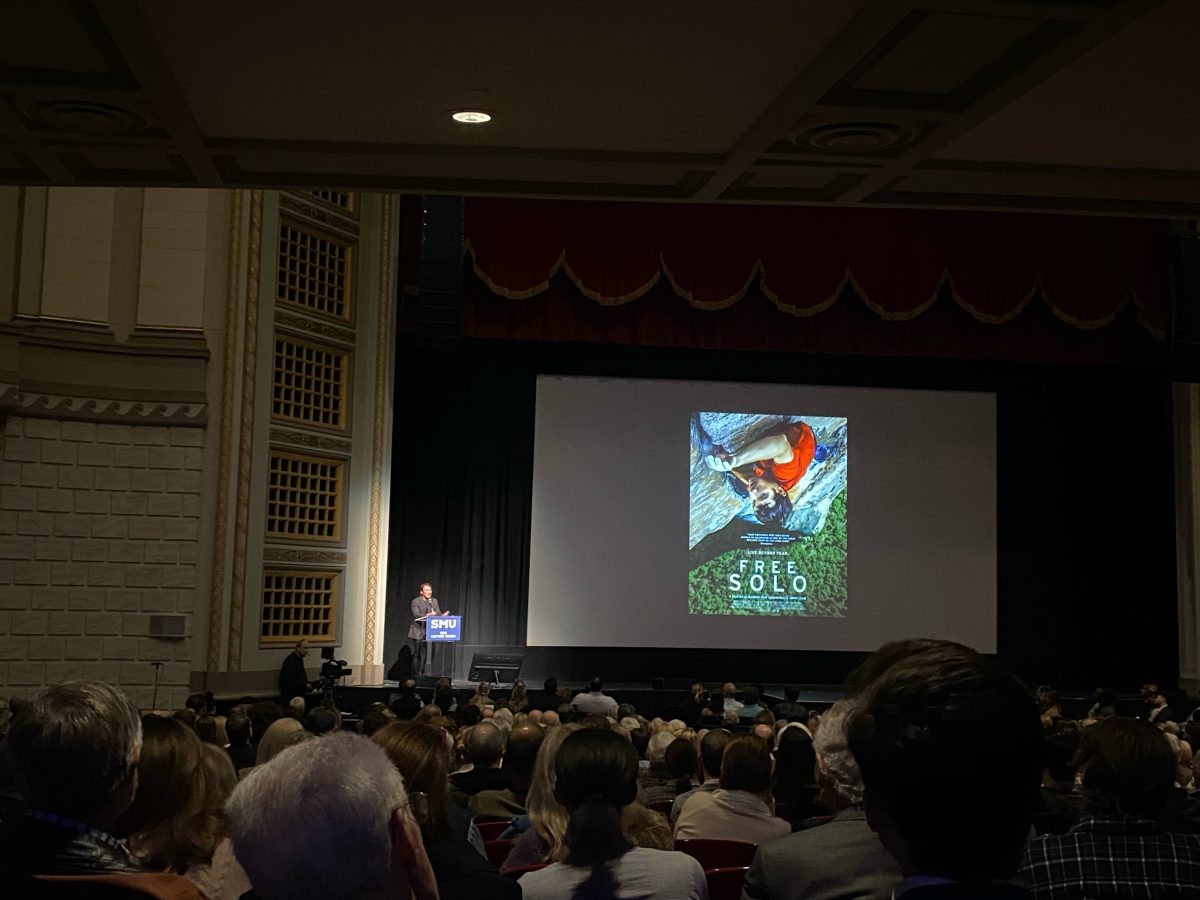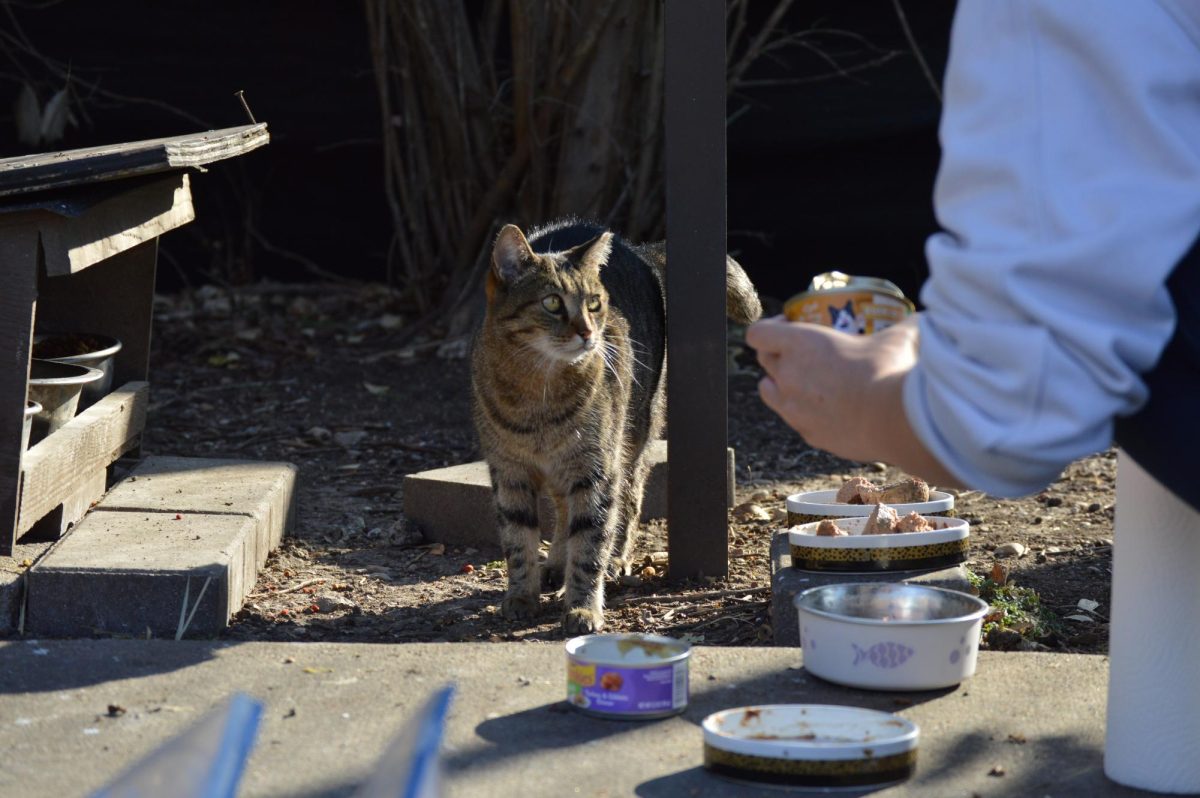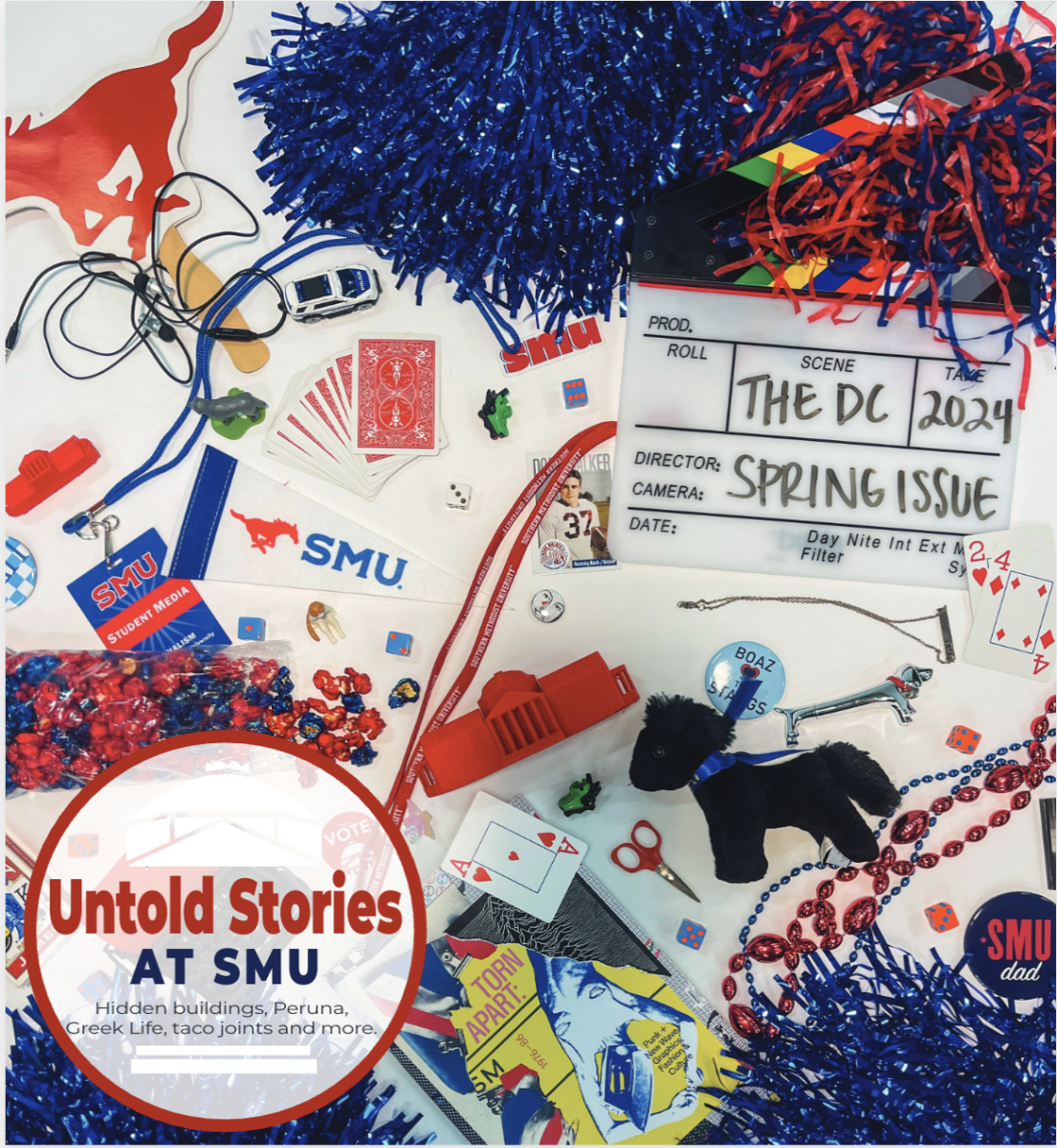Two SMU Ph.D. students shared their research about women’s baroreflex responses and the long-term issues that may arise from concussions of collegiate athletes on Friday at the Research on Exercise and Wellness Colloquium Series.
Dustin Allen, a four year Ph.D. student kicked off the event with his presentation about carotid baroreflex responses in young women. Allen completed his research on this topic only an hour and a half before the event.
“We are not the first people who have tested the carotid baroreflex. It’s been done numerous times, the exact same way we do it in our lab,” Allen said. “But, out of all those studies not very many have looked at females and compared males to females.”
Despite the fact that women rely more on heart rate and cardiac output to maintain blood pressure, Allen hypothesized that there would be no difference between the results of women and men. However, he found that there are differences, but they only occur when women are hypothermic.
Justin Frantz, a first year Ph.D. student, presented on the dynamic cerebral autoregulation impairment that persists past the resolution of concussion symptoms in collegiate athletes. He found that even after 30 days, a person still has impaired cognition due to the concussion. His finding is important because most players do not stay out for 30 days after getting a concussion. It raises the question of what the long-term effects will be for a person who continuously gets concussions and plays a competitive sport.
Holly MacVaugh, a student of Frantz’s, has been hearing about the study since the beginning of last semester.
“It was amazing to see everything finally come together after seeing his struggles and achievements throughout the entirety of this study,” MacVaugh said.
The final two speakers, Lance Brooks and Andrew Udofa, spoke about ground reaction forces during track events. They both found that force is optimized when accelerated from a stationary start during normal track conditions.
The four speakers are members of the applied physiology and wellness program called Works-in-Progress. The series allows the presenters to share their research done within the program with other students and faculty members.
“These lectures have helped me think about what kind of research I might be interested in. Also, they remind me how amazing my program is and how many opportunities there are for learning,” Anna Leigh Collier, an Applied Physiology & Health Management major, said.
The last Research on Exercise and Wellness Colloquium Series of the semester will be held on Friday, April 27 and will focus on research done on nutrition.














